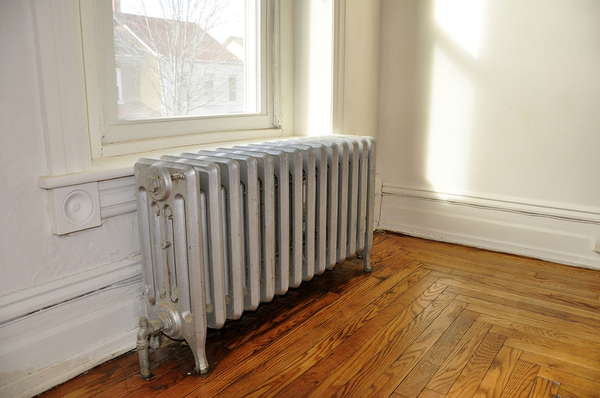Residential boilers have been in use for generations. They’re effective at warming a small bungalow or an expansive estate and many people who live with them couldn’t be happier. That’s because a boiler and radiator system in good condition produces even heat with fewer cold spots than a forced air system. They might seem like an old-fashioned home heating choice, but there’s a reason why they’re still popular and widely used throughout Europe.
What goes into a boiler and what makes them tick? Here’s brief breakdown.
Boilers Use Combustion or Electricity to Heat Water
Like a furnace, boilers may rely on combustion or electricity to generate heat. Modern combustion appliances often use natural gas. Oil-fired boilers are common, as well. You’re less likely to find an electric boiler than a combustion unit, but electric models do exist.
Combustion Boiler Design Tends to Fall Into One of Two Categories
Boilers may be firetube or watertube style, which are opposites and somewhat self-explanatory. Nationwide Boiler explains that firetube boilers send heated flue gas through a series of tubes, which run through a chamber filled with water. The hot tubes heat the surrounding water. Watertube boilers send water through a series of tubes, which run through a heated chamber. The chamber heats water inside the tubes.

Existing radiators in an older home with boiler heat could last for generations.
Boilers Produce Hot Water or Steam
Boiler-fed home heating radiator systems may use steam or hot water. Generally, older systems circulate hot steam through a network of pipes and radiators before sending it back to the boiler for reheating. Newer systems often use hot water, but that’s not universally true. Steam may have a higher likelihood of leaks, according to The Spruce, but system age may be a factor.
Electric Boilers are More Akin to Watertube Design
Electric boilers have an electric heat element inside. Because there’s no combustion, they don’t produce gas and don’t need flue venting. They’re often much smaller than a typical combustion unit. Like watertube design in a combustion boiler, electric boilers pass water inside tubes across the internal heating element.
Electric Boilers are Nearly 100 Percent Efficient but More Expensive to Operate
Although electric boilers are nearly 100 percent efficient, they also usually cost much more than a combustion unit to operate. Efficiency in heating refers to how much of the energy is converted to heat. Electric appliances convert nearly all of their energy into heat, but electric energy is expensive. Combustion boilers are less efficient at converting energy to heat, but the fuels are less expensive than electricity.
A Boiler and Radiator Heating System is Usually Comfortable
People who’ve never lived in a home with a boiler and radiators might think it’s too old-fashioned. They may plan to rip out the system and replace it with a modern furnace or heat pump. That’s unfortunate since this heating system is widely regarded as one of the most comfortable. Forced air heat blows dry, heated air through registers throughout the home in a cycle. Radiators warm the home quietly, evenly and continually without blasts of air.
Boiler systems aren’t as common in the United States anymore, but that doesn’t mean they need replacement. If the radiators and piping are in good condition without rust or major leaks, they could serve the home for 100 years or more. As long as the boiler is maintained for its lifespan and replaced when it’s outdated, the same as you would a furnace, there’s no logical reason to ditch a boiler for a so-called modern home heating system.
Your customers may never have lived in a home with boiler heat before. Your home inspection report helps give them more perspective. That’s why you need a great home inspection reporting app. If you’re ready for a better app that has what you need and nothing that you don’t, check out Report Form Pro. Download our home inspection app for Android or get it for your Apple product at the App Store today.

